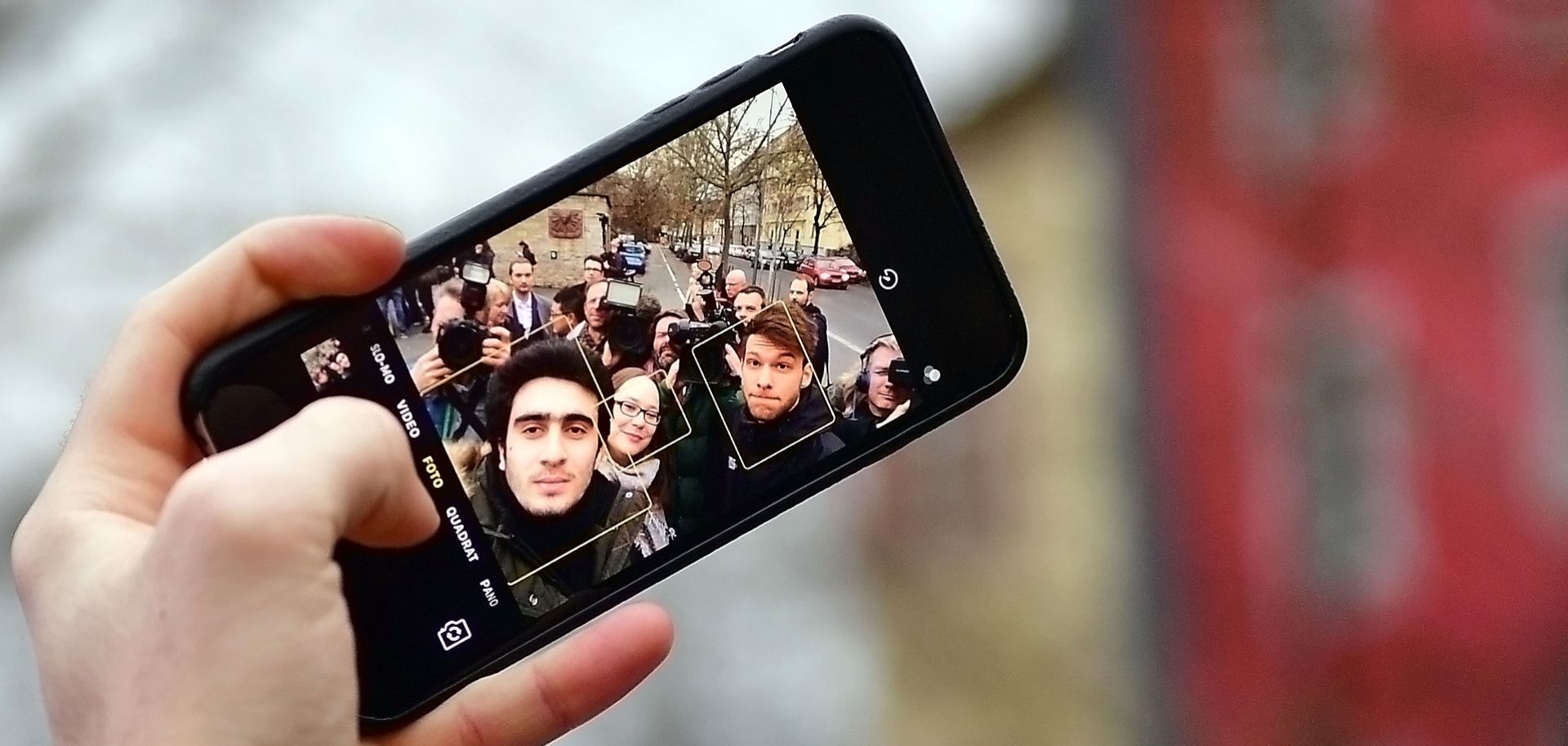Over the past few months, a swell of isolationist rhetoric from some of the world's newest leaders has given investors and trade partners across the globe pause. Many have pointed to the newfound rise of populism as evidence of the criticism mounting against globalization. And in some ways they might be right; maybe the world truly is fed up with the style of internationalism that the Bretton Woods system of global finance has promoted for the past half-century or so.
But surely this isn't the whole picture. After all, movements rarely disrupt the modern political order in a vacuum. As we have seen in the past decade -- consider the spread of the Arab Spring and Occupy Wall Street movement -- the ways in which we build communities and share information have begun to fundamentally change, thanks in large part to the rise of social technologies. These technologies have given savvy...


